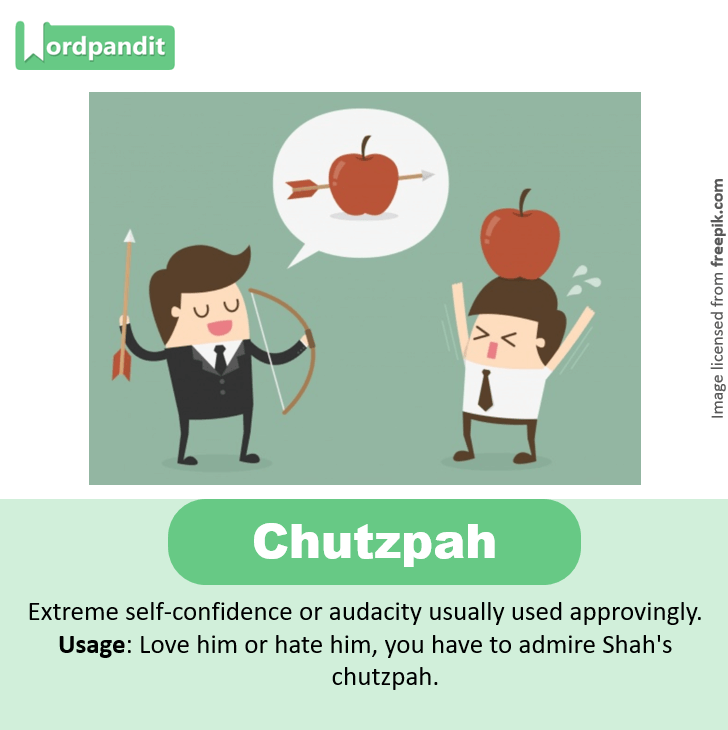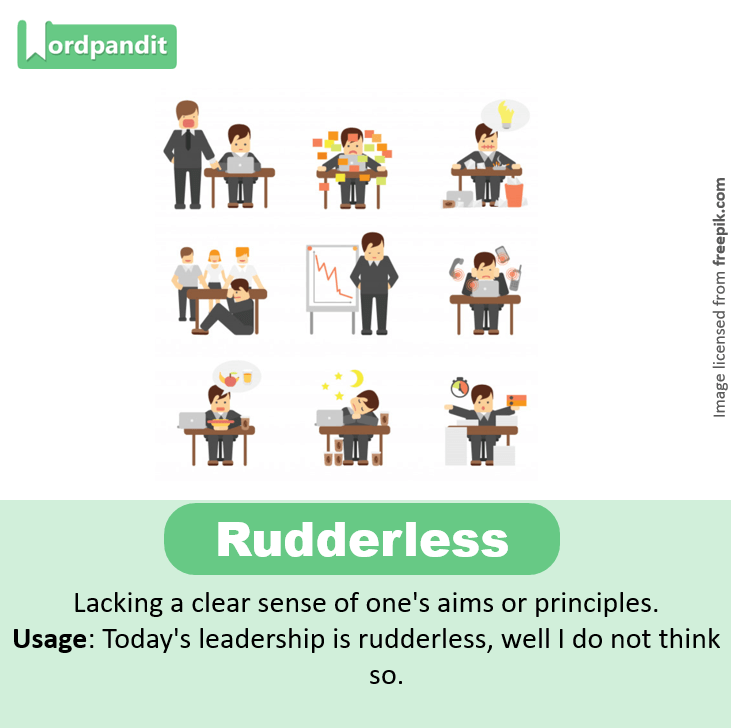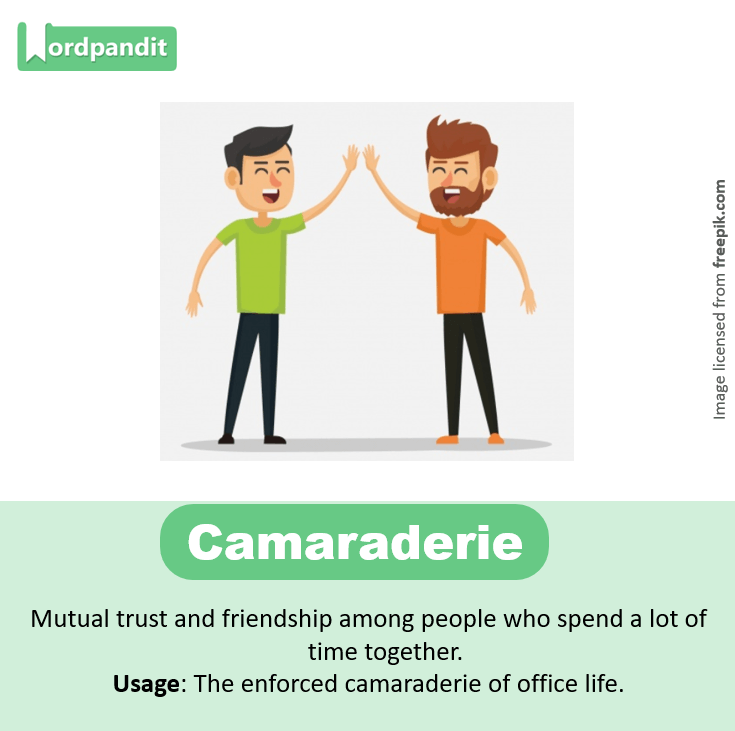1. Portent
• A sign or warning that a momentous or calamitous event is likely to happen.
Usage: Many birds and dogs are regarded as being portents of death.
• An exceptional or wonderful person or thing.
Usage: What portent can be greater than a pious notary?.
2. Decree
• A decree is a rule of law usually issued by a head of state, according to certain procedures. It has the force of law.
• The particular term used for this concept may vary from country to country. The executive orders made by the President of the United States, for example, are decrees.
3. Gubernatorial
• Relating to a governor, particularly that of a state in the US.
Usage: A gubernatorial election.
4. Modus vivendi
• Modus vivendi is a Latin phrase that means “mode of living” or “way of life”.
• It often is used to mean an arrangement or agreement that allows conflicting parties to coexist in peace.
• In science it is used to describe lifestyles. Modus means “mode”, “way”, “method”, or “manner”. Vivendi means “of living”.
Usage: If you’ve already been living apart for four years, you may have established a modus vivendi with your spouse
5. Chutzpah
• Extreme self-confidence or audacity usually used approvingly.
Usage: Love him or hate him, you have to admire Shah’s chutzpah.

6. Subtext
• Subtext is any content of a creative work which is not announced explicitly by the characters or author, but is implicit or becomes something understood by the observer of the work as the production unfolds.
Usage: This system forms the subtext of the protagonist’s behavior and encodes it as text.
7. Acquiescence
• In law, acquiescence occurs when a person knowingly stands by without raising any objection to the infringement of his or her rights, while someone else unknowingly and without malice aforethought acts in a manner inconsistent with their rights.
• The act or condition of acquiescing or giving tacit assent
• Agreement or consent by silence or without objection.
Usage: Nothing less than complete acquiescence is acceptable within this church of political correctness.
8. Meander
• A meander is one of a series of regular sinuous curves, bends, loops, turns, or windings in the channel of a river, stream, or other watercourse.
• It is produced by a stream or river swinging from side to side as it flows across its floodplain or shifts its channel within a valley.
Usage: I wake up, shuffle out of bed, put some music on and meander down the small flight of stairs to the second floor of my house
9. Cavalier
• A horseman, especially a cavalryman
• Cavalier was first used by Roundheads as a term of abuse for the wealthier Royalist supporters of King Charles I and his son Charles II of England during the English Civil War, the Interregnum, and the Restoration. It was later adopted by the Royalists themselves.
10. Leviathan
• Leviathan is a creature with the form of a sea monster from Jewish belief, referenced in the Hebrew Bible in the Book of Job.
• The word has become synonymous with any large sea monster or creature.
11. Rudderless
• Lacking a clear sense of one’s aims or principles.
Usage: Today’s leadership is rudderless, well at least I think so.

12. Camaraderie
• Mutual trust and friendship among people who spend a lot of time together.
Usage: The enforced camaraderie of office life.

13. Frivolous litigation
• In law, frivolous litigation is the practice of starting or carrying on lawsuits that, due to their lack of legal merit, have little if any chance of being won.
• The term does not include cases that may be lost due to other matters not related to legal merit.
• A frivolous lawsuit is any lawsuit that is filed with the intention of harassing, annoying, or disturbing the opposite party.
• It may also be defined as any lawsuit in which the plaintiff knows that there is little or no chance of the lawsuit succeeding if pursued in court.











